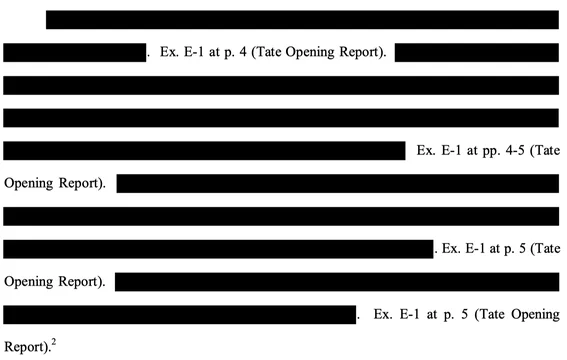
We noted last week that Judge Andrews has been cracking down on parties filing entire exhibits under seal. Since then, he has issued three more orders regarding filings where exhibits were sealed in their entirety. Beyond those, in two instances he has rejected even more limited redactions:
ORAL ORDER: The justification for sealing is non-existent. Apparently, per Ms. Pascales letter . . . , Medacta is the party who wants to redact. The entire document [that was filed] is going to be unsealed on August 27, 2021, unless Medacta submits before then (1) the document with the redactions in yellow highlighting, and (2) a statement under oath from somebody at Medacta explaining in detail why each and every redaction is necessary. Ordered by Judge Richard G. Andrews on 8/24/2021.
Conformis, Inc. v. Zimmer Biomet Holdings, Inc., C.A. No. 19-1528, D.I. 190 (D. Del. Aug. 24, 2021).
The parties have submitted hundreds of pages of redacted versions of recent filings. . . . There is one two-page declaration from [plaintiff's] employee submitted in connection with them. Needless to say, the two-page declaration is pretty limited; the redactions throughout the documents greatly exceed what is conceivably justified by the declaration. The five redacted versions are STRUCK.
[T]he Court expects that it will do one of three things after receiving the re-redacted versions. One, approve them if the parties appear to be trying recognize the public right of access. Two, reject them and immediately unseal the submissions in their entirety even if there are some redactions that are justified. Or, three, appoint a Special Master to review the proposed redactions.
Ingevity Corp. v. BASF Corp., C.A. No. 18-1391-RGA, D.I. 522 (D. Del. Aug. 23, 2021).
Going forward, for Judge Andrews, it looks like parties would be well advised to file only narrow redactions and to carefully support them with party declarations.
If you enjoyed this post, consider subscribing to receive free e-mail updates about new posts.






